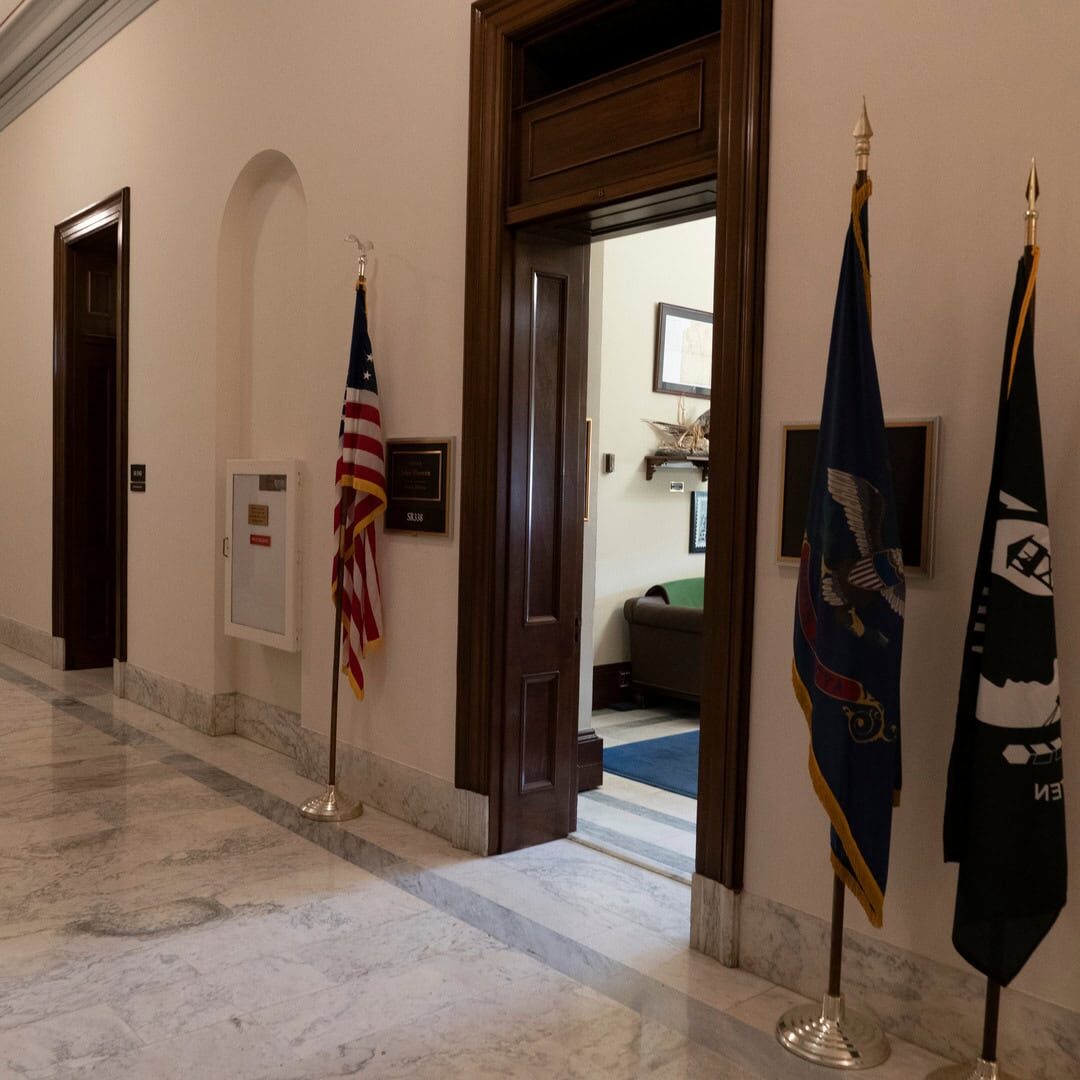
advocacy efforts
SGIM channels its resources into advocating for pivotal changes across our focus areas of Clinical Practice, Education, and Research. Explore the various ways SGIM engages with policymakers through direct appeals and strategic coalitions. These efforts aim to advance general internal medicine, influence healthcare policies, and improve outcomes for physicians and patients nationwide.
Clinical Practice
SGIM's advocacy efforts support the delivery of high-quality primary and cognitive care services that improve patient outcomes and health equity by working in conjunction with Congress, federal agencies and other organizations.
Education
SGIM advocates for the education of medical students, residents, and fellows as well as faculty at academic centers, teaching hospitals and in the community. We advocate for innovations in medical education to prepare clinicians to deliver the highest quality evidence-based, culturally appropriate, and cost-effective clinical care.
Research
SGIM advocates for a wide range of research, including subfields within the broad category of health services research and primary care research. The need for robust and sustained funding for research remains the Society’s priority interest, with the inequities that have been exposed and exacerbated by the Covid-19 pandemic.
Clinical PRactice
SGIM Sends Letter to Transition Team – January 2025
SGIM sent a letter to the Trump-Vance Transition Team outlining the society’s policy recommendations, which focus on three priority areas: clinical practice, educating the next generation of physicians, and medical research. Additionally, SGIM welcomed the opportunity to work together to strengthen primary care and ensure all individuals have access to comprehensive, high-quality primary care services.
Alliance for Connected Care Sign-on Letter on Telehealth - February 2025
SGIM joined nearly 350 organizations in urging Congressional leadership to take action to establish permanent or long-term access to telehealth to ensure stable access to healthcare services for patients and providers.
Improved Access to Primary Care Services - April 2025
SGIM has sent a letter to HHS Secretary Kennedy, requesting his office work to address flaws in the Medicare physician payment system and improve access to primary care. SGIM urges the elimination of CMS’s reliance on RUC recommendations, which disproportionately favor procedural services over primary care, and calls for a more transparent approach to valuing physician services. We are committed to establishing a TAC within CMS and are ready to collaborate to ensure sustainable, high-quality primary care for patients with complex needs.
Education
SGIM Comments on Draft Legislation to Improve Medicare GME - January 2025
SGIM was pleased to provide comments on bipartisan draft legislation that would fund 5,000 additional Medicare GME slots from FY 2027-2031 while prioritizing slots for primary care residencies. In addition, SGIM’s comments supported training in rural areas, creating a Medicare GME Policy Council, and improving GME data collection and transparency.
THCGME Coalition Letter to HRSA Administrator - March 2025
SGIM joined the THCGME Coalition’s letter to the HRSA Administrator asking for the agency to use the funding provided by the recently passed continuing resolution to increase the “per resident amount,” or PRA, from $160,000 to $170,000. This funding would help the 92 THCs withstand the higher costs of training and avoid reducing their recruitment or terminating their residency programs entirely.
Research
SGIM Supports Robust Funding for NIH - February 2025
SGIM joined more than 600 organizations and more than 3,500 people across the country in urging appropriations leaders to prioritize robust funding for the National Institutes of Health (NIH) in the FY 2025 appropriations bill and preserve existing protections against cuts to reimbursement for NIH grantee facilities and administrative costs.
Friends of AHRQ FY Funding - March 2025
SGIM joined The Friends of AHRQ and 190+ organizations in signing this letter calling on Congress to fully fund AHRQ for FY26 and beyond. Funding AHRQ is critical for supporting health services research, implementing high value and accessible care, and get Americans the best health care at the best value, including funding research focused on improving outcomes for vulnerable populations.

